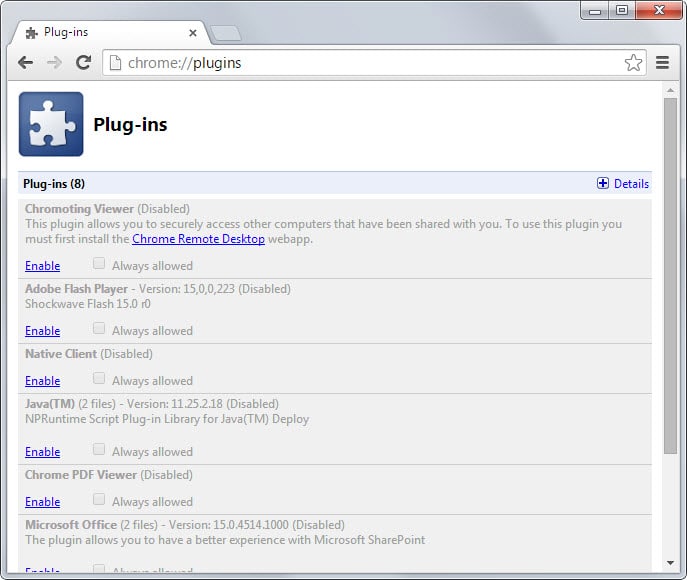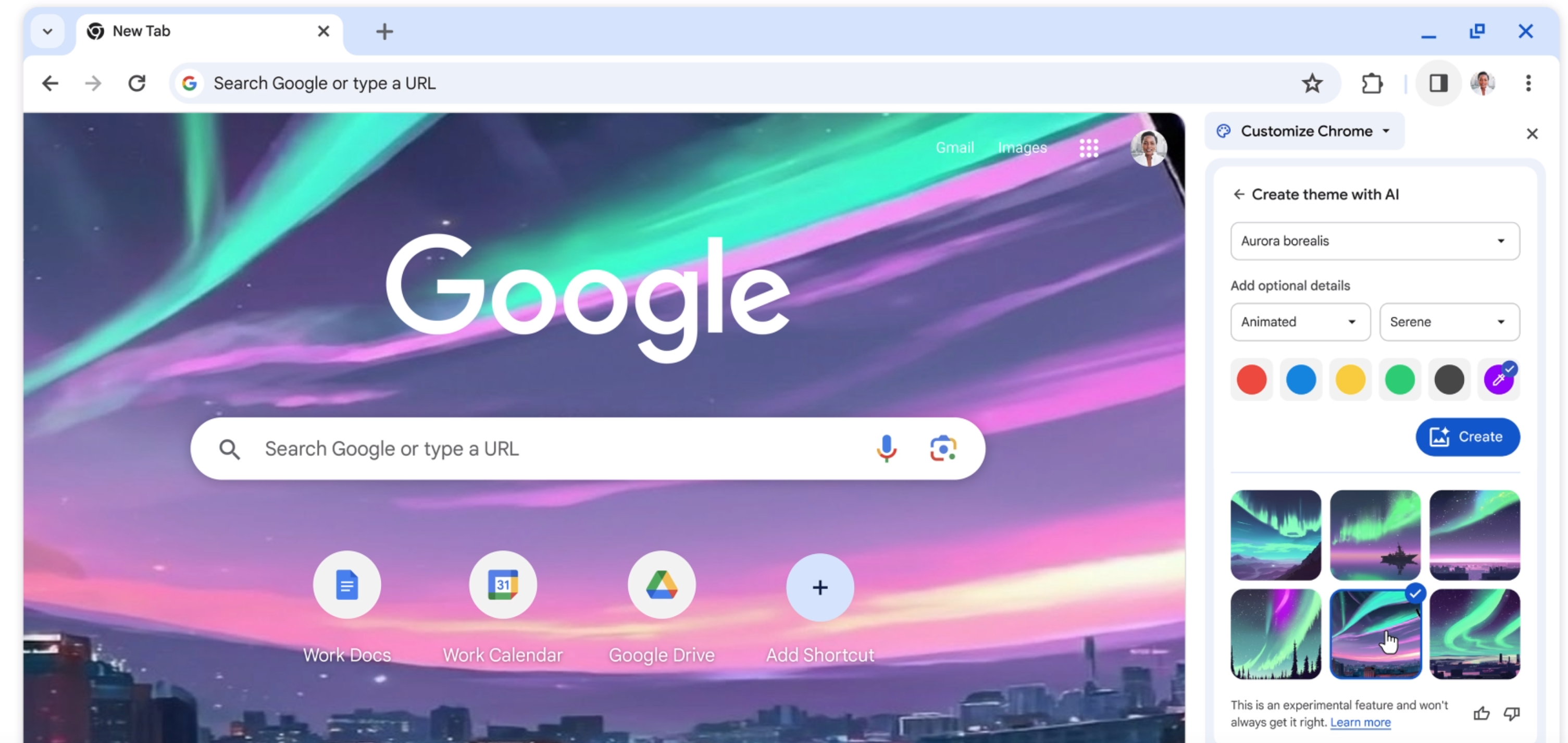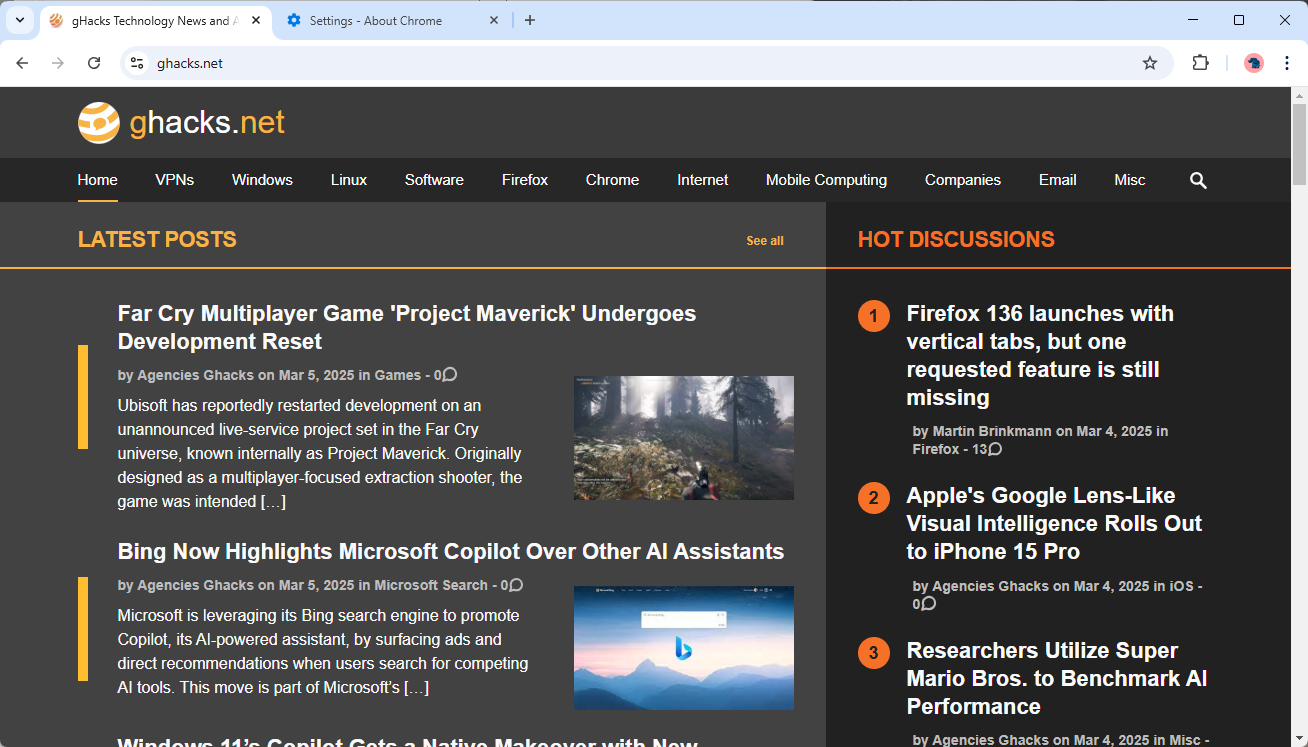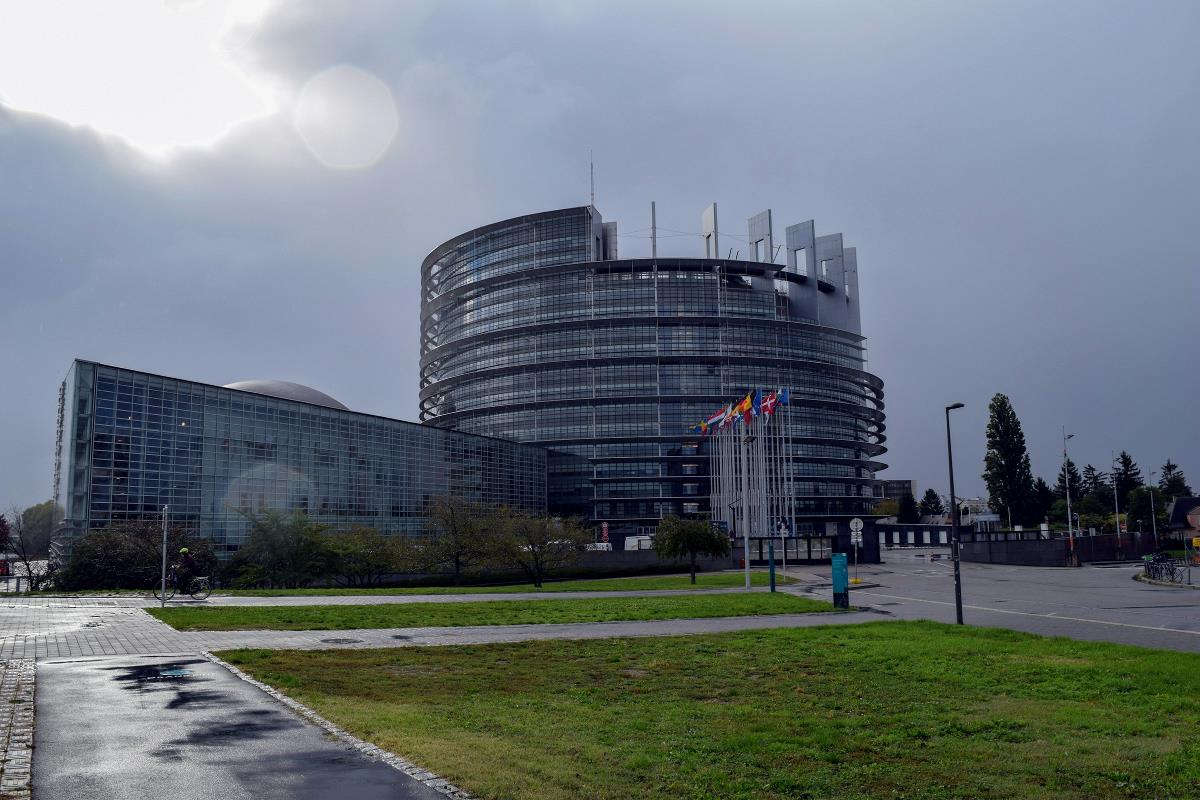How to re-enable plugins in Chrome that are blocked by Google starting 2015

Web browser plugins are being used by many Internet users even though their use is in decline. Most companies that produce browsers try to get away from the plugin architecture, or at least the old one that has been in use since the Netscape days.
Reasons for doing so are security, stability and support for mobile devices.
Google announced in 2013 that it will start to block old NPAPI plugins in the Chrome browser eventually and started in January 2014 to reduce the impact that plugins have in the browser.
Chrome is currently allowing whitelisted plugins to run while all others are blocked automatically.
The company announced today that it will start to block all NPAPI plugins in all versions of Google Chrome starting January 2015.
The timeline looks like this:
- January 2015 -- Google removes the whitelist which allows popular plugins to be run currently in the browser. Whitelisted plugins are Silverlight, Unity, Google Earth, Java, Google Talk and Facebook Video. This means that all NPAPI plugins are blocked from running in Chrome from that month onwards.
- April 2015 -- NPAPI support is disabled in Google Chrome and all browser extensions that require NPAPI plugins will be unpublished from the Chrome Web Store.
- September 2015 -- The company will disable the override that companies and individuals can use to enable NPAPI plugins.
Google published usage information of popular plugins and all are on the decline. Silverlight usage fell from 15% in September 13 to 11% in October 14. Java dropped from 8.9% to 3.7% and Unity from 9.1% to 1.9%.
Flash is not affected by the move in Chrome as Google is maintaining a custom version of Flash called Pepper Flash that uses a new plugin framework specific to the browser.
Workaround until September 2015
Users and organizations who need to use plugins in Chrome can do so until September 2015 provided that they re-enable the use of NPAPI plugins in the browser.
Google plans to implement an override, accessible on the browser's experimental page: chrome://flags/#enable-npapiÂ
When set to enabled, it will re-enable support for NPAPI plugins.
This override re-enables NPAPI so that plugins can still be used. This option will be removed in September 2015 and close down any possibility to run these types of plugins in the browser.
The only option remaining at that point in time is to switch to another browser that still supports plugins.
Tip: a list of plugins recognized by the browser is available when you load chrome://plugins in the address bar.
Enterprise users can use the EnabledPlugins policy to enable specific plugins. The option won't be available anymore after September 2015 as well.
Now You: What's your take on Google's move? Good, too early, bad?


















supposed to be “faster and easier”….lmao…for the game i play, i now have to click a “play” button after i log on th facebook…then, after the game loads, it asks me to allow flash…EVERY SINGLE TIME….totally idiotic….
The bottom line is this: If it interferes with the information harvesting then Google doesn’t want to play with it and so disables it. As for the Adobe / Google thing, Google still doesn’t want to play so forces pepflash (filled with ‘extras’ to benefit Google) on users without any explanation as to why they have to use an in-house proprietary plugin instead of Adobe Flash.
Now that the plug-ins page has been removed how about a workaround to get to the workaround?
https://www.ghacks.net/2017/01/29/google-removes-plugin-controls-from-chrome/
what a wankoid decision. f5 in particular is used by in many enterprise remote access scenarios. Guess what ? I will have to use IE to do this….
renable for linux please thank
Certainly a good move, but everyone now will need to substitute NPAPI plugins with something. For streaming video I have found VXG plugin instead of VLC. Works good.
Google has made another bad decision. There are many programs still using NPAPI plugins. This decision has come too early. I’m fine with Google removing NPAPI plugins if NPAPI has become obsolete, but NPAPI is still used.
Ok so after all this shit…….what do I have to do to watch my favorite programs??????????????
At the moment, you can follow the instructions in the article to get plugin support back. In a couple of months, you will have to use a different browser if you still rely on plugins by then.
Cool new free VPN Chrome app TorVik!!!!Safe your privacy!Let s test and estimate!https://chrome.google.com/webstore/detail/torvik/ojhgknhfdjheakddcdenanbgaaepcijb/reviews
So, if I just stay with today’s version of Chrome, and just never update it, those plugins will continue to work just fine unless and until I update?
I entirely agree with them.
Anyway, nobody uses these old plugins
Yea…. Right…. !! Nobody Uses These Plugins???
What f&#kn planet are you from??
I welcome this change. Less plugins are better for users.
Seriously? Even the choice of plugins or not? Adobe’s got its nails dug in real deep, and Flash is popular enough still that I can imagine Adobe getting its shit together and releasing its own browser. Guess we’ll see, but it feels like a real game of chicken! :p
Flash is exempted because Adobe and Google worked together to make it use a different plugin system called PPAPI.
I don’t care :-)
Apart from Chrome’s native plugins (the obsolete Flash, Chrome PDF viewer, Chrome Remote Desktop) I have only the dead Silverlight plugin installed.
It means that sslvpn vendors like f5 will no longer be “client less” and instead move back towards a client like my old Cisco IPSec vpn solution… https://support.f5.com/kb/en-us/solutions/public/15000/300/sol15326
Tough to support, however, we have little choice… Where’s my 2400bps modem? .. That never gave me any issues…
A stupid decision, like many others before it and like many others that will follow it…
I’m pretty certain that it will drive some users to other browsers. The question is, how many.
Absolutely the chance for Firefox to differentiate itself; let’s hope Moz. gets it shit together because even Chrome users like to do stuff on the internet besides “get served” some weird HTML5 sideshow with a heaping helping of ads (and trackers). But then again, IE 11 just shoved old IE out of first place/desktop. I’m sort of holding my breath thinking Microsoft will make IE open source and if they did that? I’d call Chrome dead and buried. (But still a bit of a big “if”, though I agree with the poster, vegaboat, who said MS knows CompSci better than any entity out there. Google knows advertising, and it’s sort of a fail whale there, too. “Identity service…” damn, Google.)
Well, at least it gives PLENTY of room for a competitor to move in. A real competitor. (Can’t believe I’m rooting for Microsoft and Apple to make Win/i -Phones rootable, or for Steam, Amazon, or hell even Facebook to come out with some real mobile solutions and for Mozilla to get it’s shit straight again and bury the hell out of Austrailis and their other nightmarish …I guess “goals”?? Or at least give us reasonable-Firefox back? Something!)
The iron is hot! STRIKE (anyone)!
Maybe this is a good thing from a security perspective, but I’m getting a little tired of paternalistic practices by software companies. It’s my computer; let me make the decisions how to operate it.
if they didnt do this you might not have a computer… idiots these days
First they blocked H.264 and MSE plugins and now they’re blocking all plugins. way to go Google.
Google: brilliant innovation, even more brilliant self-destruction. I veer clear of them (even if that means hopping on the Samsung bandwagon, which dangit I’ve been avoiding SO. HARD!)